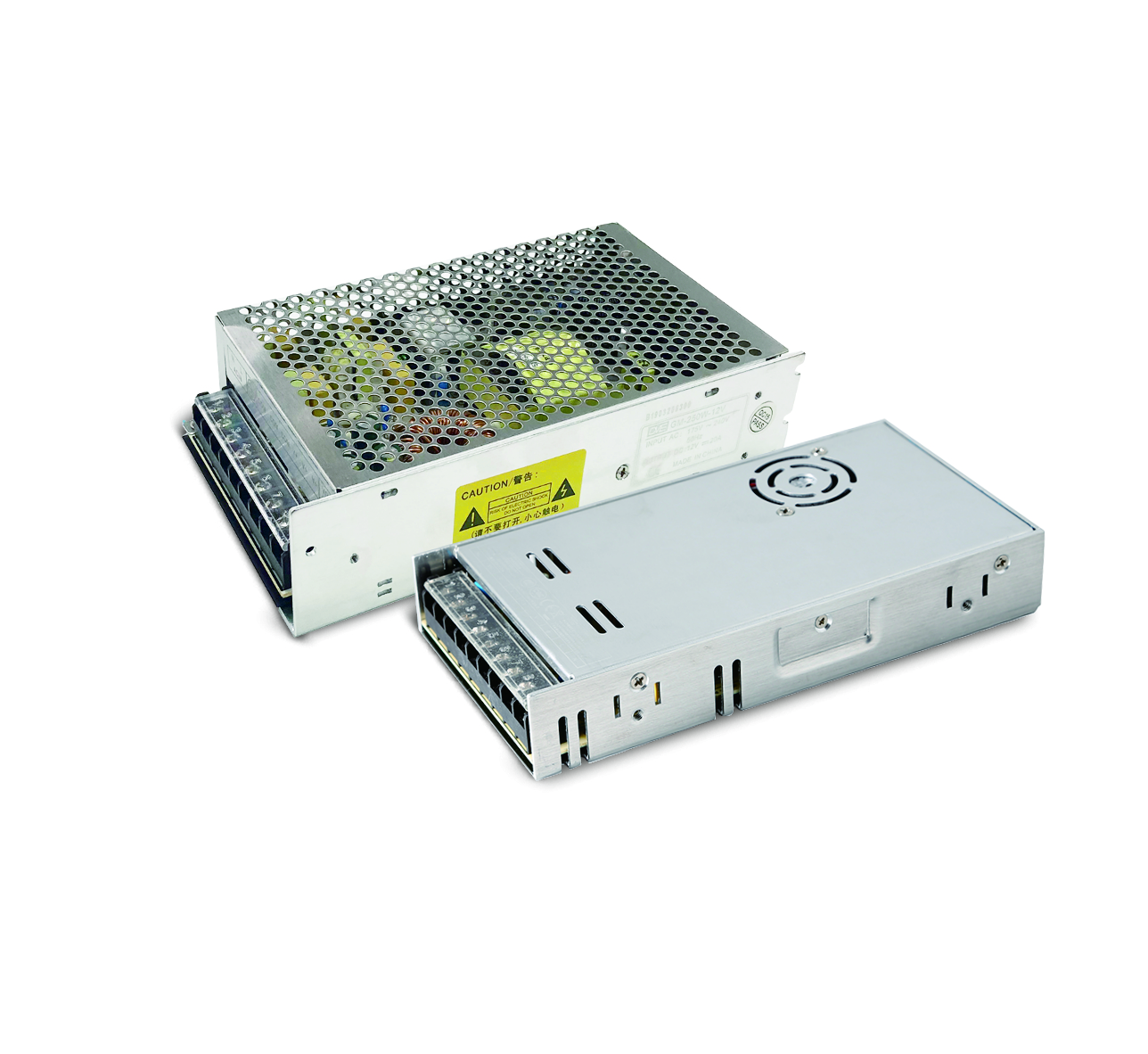Industrial Power Supply: When to Choose AC and DC Power?
In the world of industrial power supply, choosing between alternating current (AC) and direct current (DC) power is a critical decision that impacts efficiency, safety, and system compatibility. Understanding when to opt for AC or DC is key to optimizing the operation of industrial systems.

Understanding AC and DC Power
What is AC Power?
Alternating current (AC) power changes direction periodically, meaning the voltage alternates between positive and negative. This form of electricity is what most industrial and residential buildings receive from power grids. AC is well-suited for transmitting power over long distances because its voltage can be easily transformed using transformers. The ability to efficiently transmit power over large areas makes AC the predominant choice in large-scale power distribution systems.
What is DC Power?
Direct current (DC) flows in a single direction, providing a constant voltage. Batteries and solar panels typically generate DC power. While DC is less suited for long-distance power transmission, it excels in providing stable, constant energy. Devices that require consistent voltage or sensitive electronic components, such as computers and communication equipment, often rely on DC power.
Key Considerations When Choosing AC or DC
Application Requirements
One of the most crucial factors in deciding between AC and DC power is the specific application requirements. Each power type has strengths that make it ideal for different industrial applications.
AC for Large Equipment: AC power is widely used to operate heavy machinery, motors, and HVAC systems in industrial settings. Its ability to change voltage levels via transformers makes it ideal for powering equipment that requires high voltage and significant amounts of energy.
DC for Electronics and Precision Equipment: On the other hand, DC power is typically preferred for devices and systems that require consistent, low-voltage power. This includes smaller electronic equipment, battery-operated devices, and sensitive instrumentation.
Distance and Transmission
When determining which power supply to use, the distance the electricity needs to travel is a critical factor.
Long-Distance Transmission: AC power excels in long-distance transmission. Power generation plants often use high-voltage AC to minimize energy losses while transmitting power across vast distances. Once at its destination, AC voltage is reduced to safer levels for industrial or residential use.
Localized Applications for DC: DC power is more efficient for localized systems where long-distance transmission isn’t necessary. Examples include on-site renewable energy systems, such as solar panels, which generate DC power and often store it in batteries for local use.
Industry-Specific Considerations
Manufacturing and Automation
In industries with large, motor-driven machinery such as manufacturing, AC power is usually the dominant choice. Industrial motors are designed to operate efficiently on AC power, and the ability to easily adjust the voltage makes AC a practical solution for powering large, energy-hungry machines.
However, within these environments, DC power may still be used for more sensitive electronics or automation systems, where precise voltage control is needed. For example, automated control systems, communication devices, and certain types of instrumentation may rely on DC power to ensure stable operation.
Renewable Energy Systems
The rise of renewable energy sources, such as solar and wind, has increased the demand for DC power in industrial settings. Solar panels generate DC power, which is either used directly or stored in batteries. Many industrial facilities are integrating renewable energy systems into their operations to reduce their carbon footprint, making DC power increasingly relevant in these sectors.
However, since most grid systems operate on AC power, converters are required to change the DC generated by solar panels or stored in batteries to AC for wider use. This process adds complexity but is often necessary to integrate renewable energy into existing infrastructure.
Conclusion: When to Choose AC or DC Power?
The choice between AC and DC power in industrial settings ultimately depends on a combination of factors including the distance of power transmission, equipment requirements, and the specific industrial application.
AC Power is ideal for large-scale, grid-based applications, long-distance transmission, and heavy machinery.
DC Power is best suited for localized systems, renewable energy integration, and equipment requiring stable, low-voltage energy.
Understanding the strengths and limitations of each power type is essential for optimizing energy use in industrial environments. Careful evaluation of these factors will ensure that the right power supply is selected to meet the operational needs of your facility.
